In the bustling world of global finance, the Foreign Exchange (Forex) Market stands as a vital artery, facilitating trade, investment, and economic stability. However, recent revelations in Nigeria have cast a shadow over this critical sector.
The Central Bank of Nigeria (CBN) and the Economic and Financial Crimes Commission (EFCC) have embarked on a mission to unearth alleged irregularities amounting to a staggering $2.4 billion in Forex allocations and forward contracts.
This article delves into the intricacies of this probe, its implications, and the broader ramifications for Nigeria’s economic landscape.
Unveiling the Investigation
The CBN’s Governor, in a recent disclosure, unveiled the initiation of a thorough investigation into questionable Forex transactions. These transactions, deemed invalid following an audit report, shed light on a murky period in Nigeria’s financial history.
It appears that some individuals received Forex allocations without legitimate requests, surpassing even their initial demands. This revelation underscores a troubling era marked by dubious practices and unchecked maneuvering within the Forex Market.
Echoes from the Past
To comprehend the gravity of the situation, one must reflect on the tumultuous past characterized by financial mismanagement and malpractice.
During a dark chapter, under the tenure of the previous CBN administration, Nigeria witnessed egregious acts, including forged signatures and unauthorized fund transfers. Such transgressions not only tarnished the nation’s reputation but also eroded trust in its financial institutions.
The Quest for Accountability
As the investigation unfolds, attention turns to the culpable parties responsible for perpetrating these alleged irregularities. While the probe targets individuals across various sectors, including banking and finance, it also serves as a reckoning for those who exploited the Forex Market for personal gain.
The EFCC’s involvement signals a resolute stance against financial malfeasance, aiming to restore integrity and accountability within Nigeria’s financial ecosystem.
Navigating Economic Realities
Amidst these revelations, Nigeria faces pressing economic challenges exacerbated by the COVID-19 pandemic and global economic uncertainties. The stability of the Forex Market holds immense significance, impacting investor confidence, currency valuation, and overall economic resilience.
Therefore, the ongoing probe assumes paramount importance in safeguarding Nigeria’s economic interests and fostering a conducive environment for sustainable growth.
Charting a Path Forward
Looking ahead, regulatory reforms and stringent oversight mechanisms emerge as imperative to fortify Nigeria’s financial sector. The directive for Deposit Money Banks (DMBs) to bolster their capital bases reflects a proactive approach to mitigate risks and enhance financial stability.
By ensuring that banks possess adequate resources to support large-scale transactions, Nigeria endeavors to foster a robust financial infrastructure conducive to economic expansion.
Upholding Investor Confidence
Crucially, the outcome of the investigation will reverberate beyond national borders, influencing investor sentiment and foreign investment inflows. Transparency, accountability, and adherence to regulatory standards are essential pillars underpinning investor confidence.
As Nigeria strives to attract foreign capital and stimulate economic growth, the resolution of the Forex Market saga assumes pivotal significance in shaping perceptions and fostering trust in the nation’s financial integrity.
Conclusion
In essence, the CBN and EFCC’s joint endeavor to probe alleged Forex racketeering underscores Nigeria’s commitment to upholding financial probity and safeguarding economic interests.
By unraveling the complexities of illicit transactions and holding perpetrators accountable, Nigeria charts a course towards a more transparent, resilient, and investor-friendly financial landscape.
As the investigation progresses, the nation stands poised to emerge stronger, fortified by a renewed commitment to ethical conduct and institutional integrity.





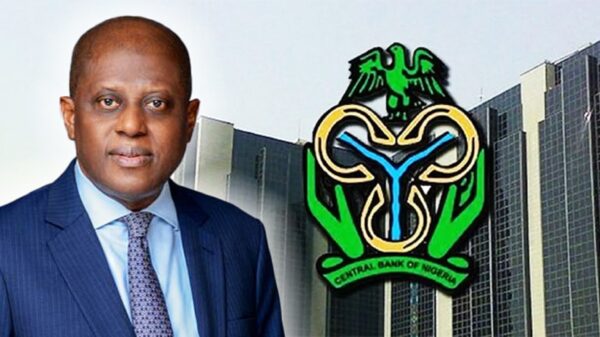






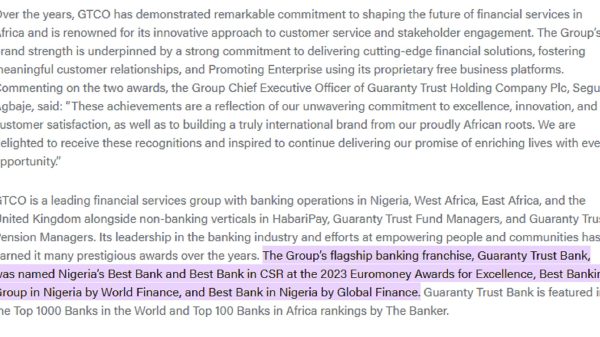



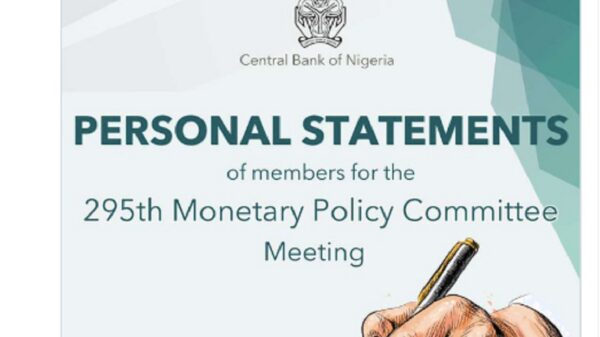
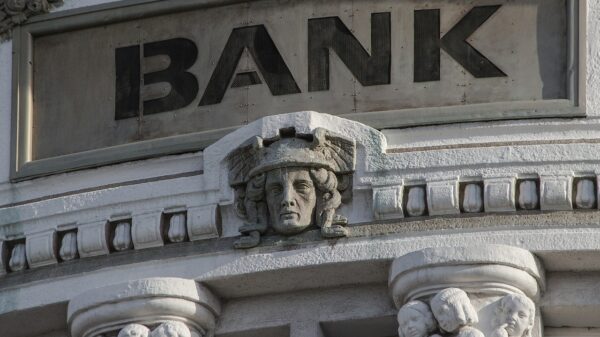



































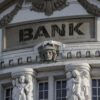
You must be logged in to post a comment Login